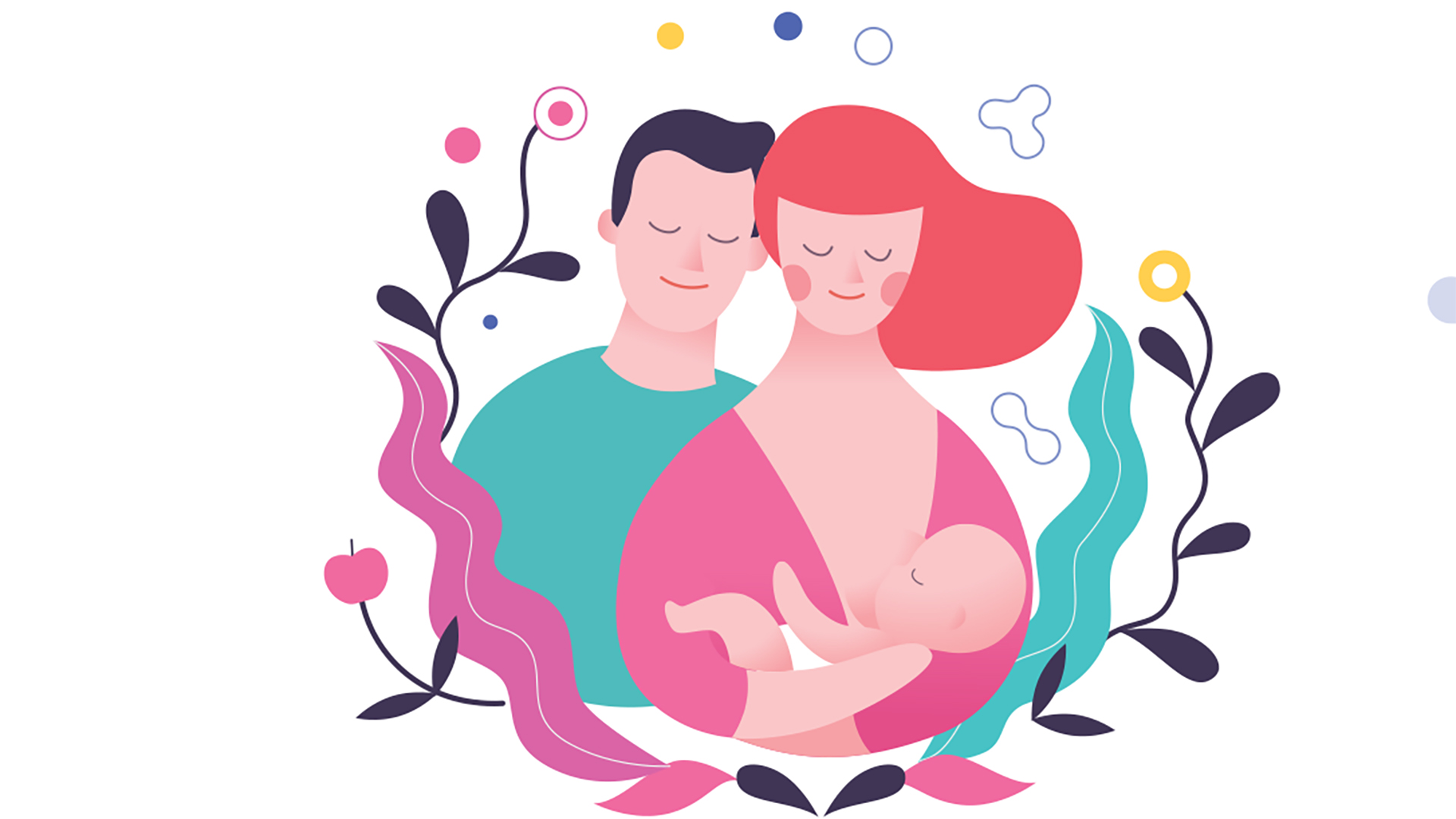Pregnant, or planning to have another child? There are some key support systems every mother (or mother-to-be) should have.
As a mother, when I first became a midwife, I assumed all new mothers had to go through the hazing ritual of a maternity journey, as if it were stripes we all needed to earn the hard way like some compulsory rite of passage. But now I know for certain, it absolutely does not need to be like that, when women receive the right essential support.
During the perinatal period (immediately before and after birth), there are three completely different parts of the maternity journey (antenatal, labour and birth, and postnatal) that need unique types of support. I summarise it as the nine (in sets of three) critically important kinds of maternity support a new mother needs.
Antenatal

Body
- A quality good-value multivitamin and mineral supplement from a health shop (not necessarily from a chemist or pharmacy).
- Extra iron boost.
- Reputable mix of birth preparatory herbs.
- Two to three hours a week of gentle exercise, split across 3–4 days.
- A fresh healthy diet, primarily consisting of organic vegetables and fruit, free range protein and complex carbs.
Mind
Intentionally destressing life from the third trimester onwards can be the best investment an expectant mother can make for her own and her unborn babe’s wellness. After years as an “in-the-trenches” 24/7 on-call midwife, my strong recommendation is that mothers-to-be work part-time from 28 weeks and not work by the time they are 32 weeks pregnant. In my opinion, that is by far the most effective way to avoid serious pre-eclampsia complications, a growth-restricted foetus and a premature baby from pre-term birth.
If you have other children to look after, try to work out a way so that you have some other people (spouse, parent, in-law, friend or care facility) take over the bulk of your caregiving responsibilities.
Spirit
When the body is well nourished and the mind is well rested, then you will finally have a chance to begin to comprehend the enormity of the permanent life changes ahead of you. As a mother-to-be, you need this “gap period” between being a busy person to becoming a busy mother (or busy mother of multiple children), not just as a chance to breathe, but also to absorb all the final “advanced education” you will typically be feeling compelled to seek out.
I have often witnessed higher rates of postnatal complexities (especially postnatal depression, unsuccessful exclusive breastfeeding and a baby failing to thrive) when this pre-birth gap of time is not respected and the woman works full-time until just before going into labour. This moment of a few precious restful weeks can be the most important sabbatical you will ever take.
Labour and birth

Body
Too many women arrive at a hospital’s birthing suite without any resources to assist their body with its labour. As a midwife with a high rate of normal vaginal births, my all-time favourite must-have items include a homeopathic birth-aid tincture, Bach’s Flower Rescue Remedy in drinking water, electrolyte rehydration sachets and lavender essential oil aromatherapy.
In the video below, we have maternal doula Lucy Lou on hand to share some tips on how you can prepare yourself for labour.
Mind
Having an upbeat, excited and happy mindset during labour is one of the most effective ways to speed up cervical dilatation in order to give birth sooner. Being anxious and frightened on the other hand, can slow down cervical dilatation, which may result in obstetric interventions and cascading into birthing complications. Fear’s adrenaline is the enemy of labour’s oxytocin!
Spirit
When your labouring body is supported with a beautiful labour environment (such as dimmed lights, relaxing scents, gentle music and birth support people who are calm and confident), you are able to find your inner strength and manage the contractions. The presence of nervous, fearful family can ruin this so make sure you choose support people who can stay relaxed and confident. Warn them beforehand that if they are worried about any aspect of the labour, they should ask questions outside.
Postnatal

Body
Your body will go through a new level of shattered exhaustion from giving birth. You have done the equivalent of a full marathon, are left with sore sutures (some woman have also endured major abdominal surgery) and have to care for a brand new baby needing two- or three-hourly feeding, so there is no real opportunity to sleep things off. If you have other children, make sure they are being looked after by another trusted adult to give your body the best chance of recovery before you settle into your new life.
Homeopathic arnica oral drops are fantastic for healing internal bruising. Hypercal lotion is good for healing broken skin (including sore perineum, sore nipples and C-section scars) and Siberian ginseng can be used for soothing the central nervous system (especially if there is a history of depression).
Additionally, newborn babes can be very unsettled from simply being a few degrees below their optimum core temperature, which results in the mother having even less desperately-needed sleep. The Day-1-Baby Heirloom Layette from Roots & Wings is my all-time favourite for maintaining optimal temperatures.
If possible, organise regular home deliveries of nutritious, delicious meals or freeze food beforehand so you can simply re-heat it for the first few days or weeks after giving birth.
Mind
After giving birth, your mind can feel like an incredibly scrambled mess of rapturous joy, traumatic shock and brain-screwing hormones. This is all very normal—and even if you’ve already had a baby, what you experience can feel everything but normal. Have someone you trust nearby to support your postnatal mind, one who will listen at least twice as much as advising.
Ideally, get someone to stay with your sleeping babe (and look after your other kids) so you can sleep in peace, knowing they will wake you when your baby is hungry or if there’s an emergency. Rest is your greatest friend at this time, especially during the day two or three blues (caused by seismic hormonal changes).
What was the best support our mums received when pregnant? Our mums share their views.
Spirit
If both your body and mind have been supported during all three periods of your perinatal journey, then supporting your postnatal spirit can require almost no effort.
Sometimes (often, to be honest) family and friends can’t truly provide the ideal unlimited hands-on assistance needed, due to being in different locations, being busy with work or having limited skills themselves in such things as teaching the art of successfully establishing breastfeeding.
It can sometimes be a good idea to have the likes of a doula attend the labour and a virtual online maternity consultant for the entire critical perinatal months, where your questions are answered by a knowledgeable, experienced and professional expert, especially if it’s your first maternity journey.
How helpful was this article?
Click on a star to rate it!
0 / 5. 0
Be the first to rate this post!

